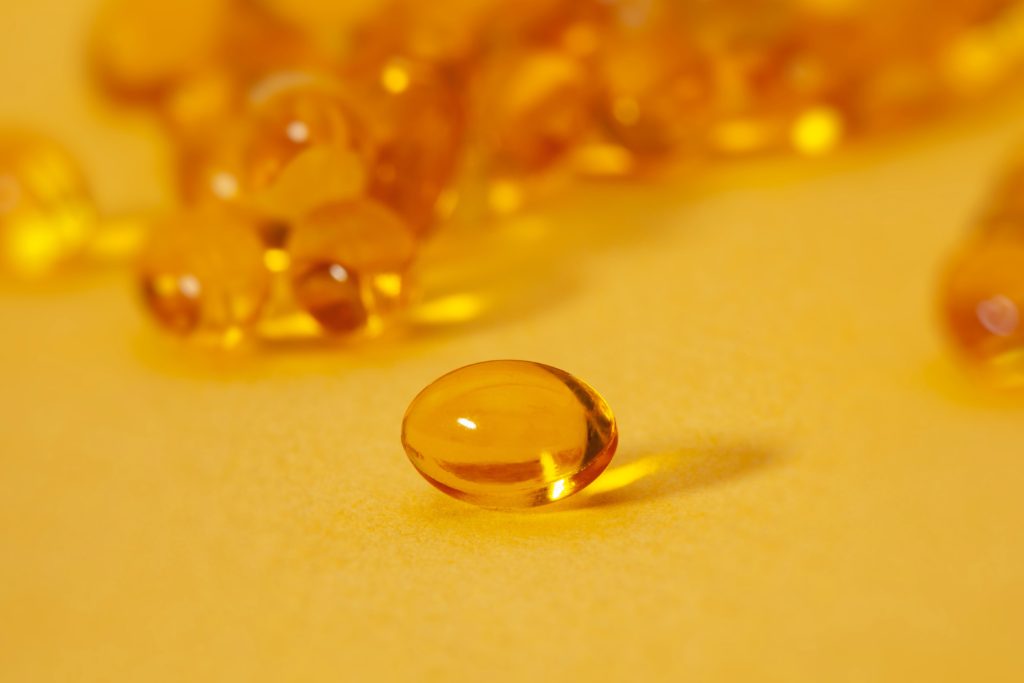Lately people have been wondering if elderberry is safe in COVID-19. Black elder or elderberries and elder flowers have been used since ancient times to fight the common cold, flu and even cold sores, among other things. Although there are no clinical studies looking at elderberry extract in COVID-19, it seems a reasonable choice, considering its long history of use and relative safety. However, an idea has been circulating on the internet and social media that elderberry may not be safe in this disease. Here is the rationale:
- Severe COVID-19 cases appear to have hyperinflammation called a “cytokine storm”.1 Cytokines are the chemicals that immune cells use to communicate and to carry out their activities. A heightened level of inflammatory cytokines can cause an increased amount of cell damage and death. Too much cell death can lead to multi-system organ failure and death.
- The way elderberry works may be by stimulating the immune system, leading to an increased release of cytokines.
- Elderberry may exacerbate COVID-19 by increasing the possibility of a “cytokine storm”, thereby increasing the risk for viral septic shock.
Question: Is elderberry extract safe and effective to use in COVID-19, or will it cause a cytokine storm?
Answer: This is unknown because it has never been specifically studied in humans, and there are no case reports to back up this claim.
What Do We Know About Elderberry?
The idea that elderberry extract increases the release of cytokines comes from an in vitro study, using white blood cells called monocytes from 12 healthy donors.2 These cells were incubated with different Sambucol preparations, containing elderberry extract. The results showed that when exposed to Sambucol, the monocytes released many times more inflammatory cytokines than what was released when the monocytes were exposed to LPS, which is a very inflammatory portion of the cell wall of gram negative bacteria. The conclusion was that one of the ways elderberry may fight viral infections is by stimulating the immune system.
This is an interesting study, but it is important to remember that an “in vitro” study is not the same thing as an “in vivo” one. In vitro means it is done in a test tube or in a petri dish and basically not in a living creature. An in vivo study, on the other hand, is done in a living creature like an animal or human. An in vitro study is a place to start testing ideas to see if and how something might work, but you cannot translate those findings directly to humans because humans are different and infinitely more complex than test tubes. Even the results from animal studies often don’t apply to humans, so we must be cautious about how we interpret the results of this study.
Another in vitro study found that elderberry extract could inhibit infectious bronchitis virus by disrupting the virus membrane, rendering it non-infectious.3 This study is interesting because infectious bronchitis virus is a Gamma coronavirus that affects chickens. Again, this is not directly translatable to COVID-19 in humans because it is 1) an “in vitro” study, and 2) it is a different virus from a different genus, even if it is within the Coronaviridae family. However, the authors conclude, “these results have the potential to translate into treatments for other coronaviruses, including those that affect humans.”3
Elderberry and the Common Cold
The most applicable information will come from a randomized, controlled trial (RCT) in humans. There was a double-blind, placebo-controlled study looking at how elderberry extract supplementation affected the duration and symptoms of a cold in 312 people going on long-distance flights.4 Although there was no statistical difference between the number of cold episodes experienced between the elderberry and placebo groups, the duration of the cold was about 2 days shorter and the severity of symptoms was less in the elderberry group compared with the placebo. Overall, the treatment was well-tolerated, meaning there were no significant adverse effects that were attributed to the elderberry extract. The common cold is caused by a variety of viruses, including coronaviruses, but this study did not include evaluation of which type of viruses were involved in these cases. This study took place in 2013-2014, which was well before SARS-CoV-2, the virus that causes COVID-19, was discovered. However, if some of the colds in the elderberry arm of this study were caused by another human coronavirus, it is plausible that the mechanism of action by which the elderberry improved the course of disease could apply to COVID-19. But this is hypothetical.
Elderberry and the Flu
There was another RCT with 60 people looking at elderberry extract in the treatment of influenza A and B.5 The results showed a statistically significant reduction in symptoms in the treatment group. On average, symptoms were relieved 4 days sooner than placebo. Clearly, the flu is caused by a different virus than COVID-19, so we cannot generalize these results. However, complications like pneumonia and death also occur as a result of the flu. It seems possible that in vulnerable populations, an overactive immune response could also be problematic when dealing with the flu, and yet elderberry use has a very safe history.
The idea that elderberry might not be safe in COVID-19 comes from the idea that elderberry causes a large increase of inflammatory cytokines. However, there are many constituents in elderberry and a variety of proposed ways that elderberry can be antiviral. In addition to possibly increasing immune response, elderberry may be useful against viral infections by disrupting the virus cell membrane3, preventing virus cells from attaching to host cells, inhibiting hemagglutination, and preventing viral replication6. In addition to being antiviral, elderberry has been shown to have antibacterial actions as well, which is relevant for preventing bacterial pneumonia that can follow a viral respiratory infection.7
It should be pointed out that the problem of cytokine storm in COVID-19 is only seen in a subset of patients1, while 80% of the people infected will have mild symptoms. There are no data to support that using elderberry will worsen COVID-19, simply because this question has not been studied yet. Considering it has been used for centuries and has been shown to be very safe, it is likely that most people will not have a bad reaction to it, and in fact, it may even be effective against coronaviruses. This is still to be determined! Traditionally elderberry has been used in the early part of an infection to minimize disease, and so a cautious approach would be to discontinue taking elderberry several days after symptom onset and particularly if symptoms worsen.
Similar article:
Vitamin D and COVID-19
Featured Photo of Elderberry by Rison Thumboor
REFERENCES:
1. Mehta P, Mcauley DF, Brown M, et al. Correspondence COVID-19: consider cytokine storm syndromes and immunosuppression. Lancet. 2020;395:1033-1034. doi:10.1016/S0140-6736(20)30628-0
2. Barak V, Halperin T, Kalickman I, V. Barak, T. Halperin IK. The effect of Sambucol, a black elderberry-based, natural product, on the production of human cytokines : I . Inflammatory cytokines. Eur Cytokine Netw. 2001;12(2):290-296. http://www.ncbi.nlm.nih.gov/pubmed/11399518.
3. Chen C, Zuckerman DM, Brantley S, et al. Sambucus nigra extracts inhibit infectious bronchitis virus at an early point during replication. BMC Vet Res. 2014;10(24). doi:10.1186/1746-6148-10-24
4. Tiralongo E, Wee SS, Lea RA. Elderberry supplementation reduces cold duration and symptoms in air-travellers: A randomized, double-blind placebo-controlled clinical trial. Nutrients. 2016;8(4). doi:10.3390/nu8040182
5. Zakay-Rones Z, Thom E, Wollan T, Wadstein J. Randomized study of the efficacy and safety of oral elderberry extract in the treatment of influenza A and B virus infections. J Int Med Res. 2004;32(2):132-140. doi:10.1177/147323000403200205
6. Kinoshita E, Hayashi K, Katayama H, Hayashi T, Obata A. Anti-influenza virus effects of elderberry juice and its fractions. Biosci Biotechnol Biochem. 2012;76(9):1633-1638. doi:10.1271/bbb.120112
7. Krawitz C, Mraheil MA, Stein M, et al. Inhibitory activity of a standardized elderberry liquid extract against clinically-relevant human respiratory bacterial pathogens and influenza A and B viruses. BMC Complement Altern Med. 2011;11(1):16. doi:10.1186/1472-6882-11-16



